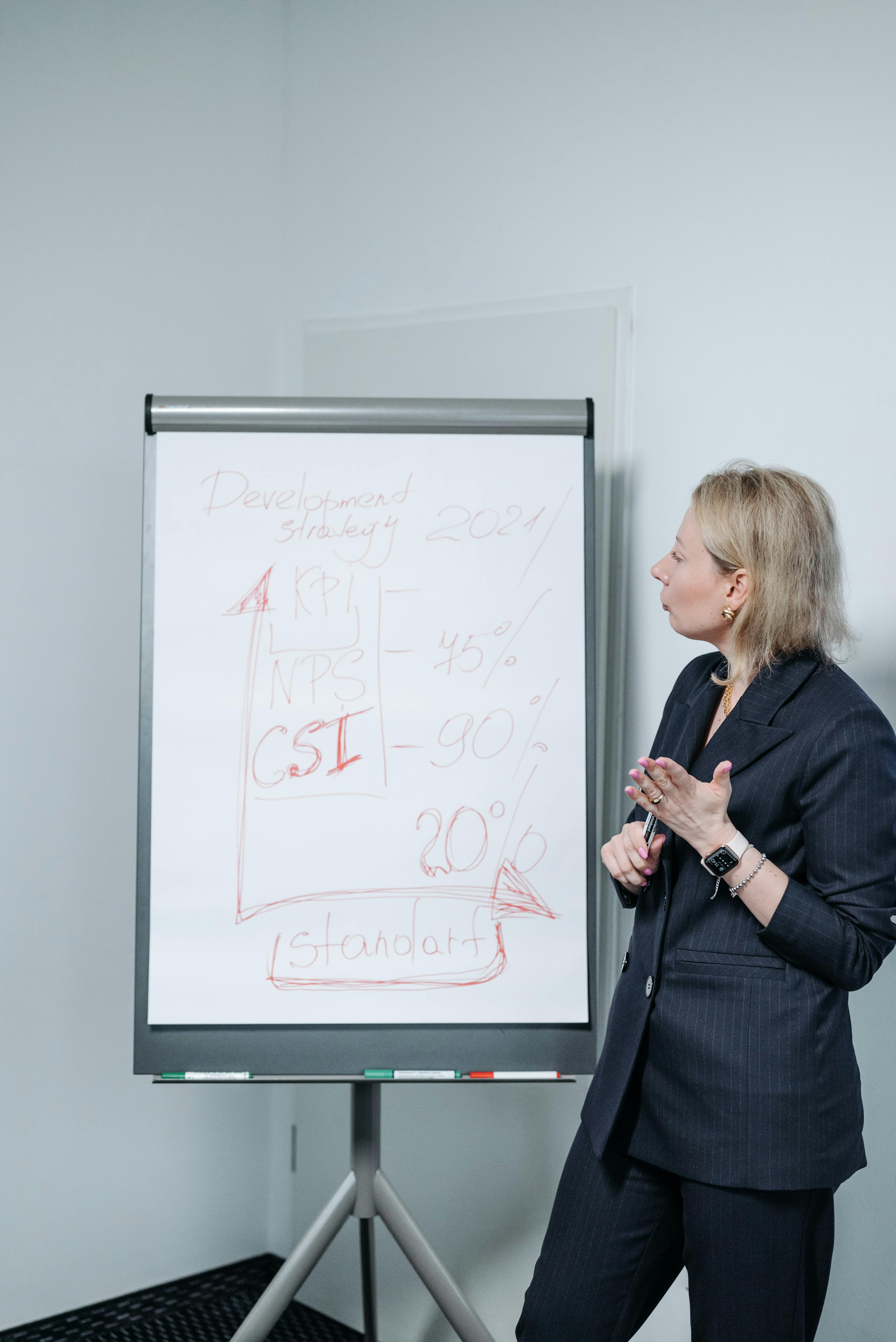Effective property management accounting is crucial for maintaining profitability and ensuring financial stability. Property managers must track key financial metrics such as cash flow, profit margins, operating expenses, rent roll analysis, and tax considerations to make informed business decisions. In this guide, we’ll break down essential accounting concepts and provide a downloadable template to help you track finances efficiently.
1. Cash Flow Management
Why It Matters: Cash flow measures the movement of money in and out of your property management business, determining liquidity and operational stability.
Key Elements to Track:
- Rental Income: Monthly payments from tenants.
- Expenses: Utilities, maintenance, property taxes, insurance, and loan payments.
- Net Cash Flow: Total income minus expenses.
Best Practices:
- Maintain a reserve fund for unexpected expenses.
- Automate rent collection to ensure steady cash flow.
- Regularly review cash flow reports to anticipate potential shortfalls.
2. Profit Margins & Financial Performance
Why It Matters: Understanding profit margins helps property managers assess business performance and sustainability.
Key Metrics:
- Gross Profit Margin: (Total Revenue - Direct Costs) ÷ Total Revenue × 100
- Net Profit Margin: (Total Revenue - All Expenses) ÷ Total Revenue × 100
Best Practices:
- Track income and expenses using property management accounting software.
- Regularly compare profit margins to industry benchmarks.
- Identify areas where cost reductions can improve profitability.
3. Operating Expenses & Budgeting
Why It Matters: Keeping expenses under control ensures long-term financial stability and maximizes returns.
Common Operating Expenses:
- Fixed Costs: Mortgage payments, property taxes, insurance.
- Variable Costs: Maintenance, utilities, property management fees.
Best Practices:
- Categorize expenses for better tracking.
- Use cost-reduction strategies such as preventative maintenance to lower long-term repair costs.
- Set up an annual budget based on historical data and anticipated growth.
4. Rent Roll Analysis
Why It Matters: Rent roll analysis provides an overview of rental income and tenant occupancy, helping property managers assess financial health.
Key Metrics:
- Occupancy Rate: (Occupied Units ÷ Total Units) × 100
- Average Rent per Unit: Total Rent Collected ÷ Number of Units
- Lease Expirations: Helps predict future vacancies and revenue fluctuations.
Best Practices:
- Use rent roll data to identify rental trends.
- Adjust rent prices based on market conditions.
- Plan for upcoming lease renewals to minimize vacancy losses.
5. Tax Considerations for Property Managers
Why It Matters: Proper tax planning ensures compliance and reduces tax liability.
Key Tax Deductions:
- Mortgage interest
- Property depreciation
- Repairs and maintenance
- Property management fees
- Marketing expenses
Best Practices:
- Keep organized records of all expenses.
- Work with a tax professional to maximize deductions.
- Stay updated on local tax laws and filing deadlines.
Conclusion
Understanding property management accounting is essential for maintaining financial health and making data-driven business decisions. By tracking cash flow, monitoring profit margins, controlling operating expenses, analyzing rent roll data, and preparing for taxes, property managers can optimize their financial strategies for long-term success.
Looking Beneath the Surface
A profitable property management business requires the right strategies. Get expert insights, risk management tools, and financial guidance with PMAssist Insider.


